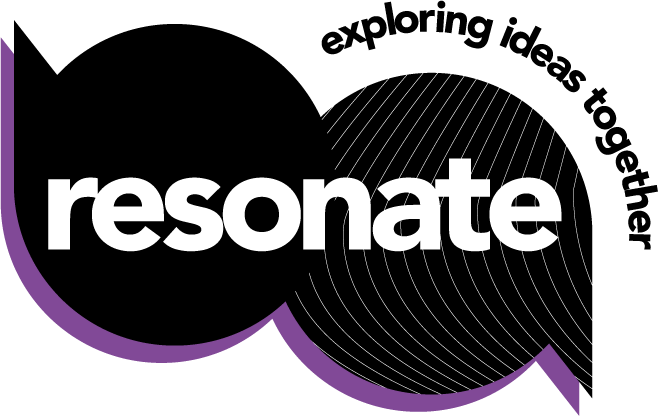What does effective climate action look like? What are the barriers to action? What’s more impactful, individual or government/corporate action? How does politics come into climate action?
Join researchers from the University of Warwick Politics and International Studies Department to discuss the variety of ways we can approach climate change action.
-
This talk has been cancelled due to unforeseen circumstances.
-
Let's explore the scenarios, pathways, and possibilities for tackling climate change.
Expert bodies, notably the Intergovernmental Panel on Climate Change (IPCC), construct scenarios for meeting Paris Climate targets. They shape how politicians and publics think about ‘Net Zero’ choices before us. These scenarios and pathways profoundly shape what are seen as viable futures and policy options. Some assumptions made in building these complex scenarios, for example about future energy usage, or about technological ‘solutions’ to rising carbon emissions, are questionable.
This talk will explore these assumptions to show why and how they influence policy. This really matters for us as a society to think about how we want to go about tackling climate change.
-
Acting on climate change depends on human-made images and imaginations, particularly because the effects of climate change can often be remote and hard to perceive. Various kinds of imaginations are being developed, by public institutions, information media, experts, or artists.
This talk will focus on fictions, novels and movies that envisage extreme climate scenarios. It will ask if such radical imaginations help or hinder climate awareness and action. It will show that such fictions have various social functions, relevant to the debate about solutions to climate change itself, but also to wider aspects of our history and politics.
-
This talk is about the unprevented and unpreventable human impacts of climate change. On the one hand, climate change is already happening and a range of potential future impacts cannot be altered. On the other hand, poor design, faulty implementation, or plain bad luck will result in some climate policies reducing one aspect of climatic disruption only to introduce another.
This talk will explore these two problems of ‘loss and damage’ with a focus on climate justice.
-
Why has increased understanding of the ecological crisis not led to greater political mobilisation?
This talk will explore the ways in which knowledge about the Anthropocene (our current geological age) is produced and communicated - graphs, geological strata and Earth Systems Science models - to show how these limit possibilities for mobilisation. An approach which starts with the importance of social relations instead of knowledge, understanding, or evidence, can offer us alternative ways of approaching the problem of mobilisation.
Event Information
Doors and refreshments from 6:30pm, event start time 7:00pm.
This event is aimed at those 18+ but those aged 14+ are welcome to attend with an accompanying adult.
This event is taking place downstairs, which is not wheelchair accessible. Toilets are also only accessible via stairs. The ground floor is wheelchair accessible and the event will be shown on screens in this space.
We will release more spaces if they become available. Check back here or keep an eye on our social media!
This event is part of the ESRC Festival of Social Science, organised and funded by Resonate.


